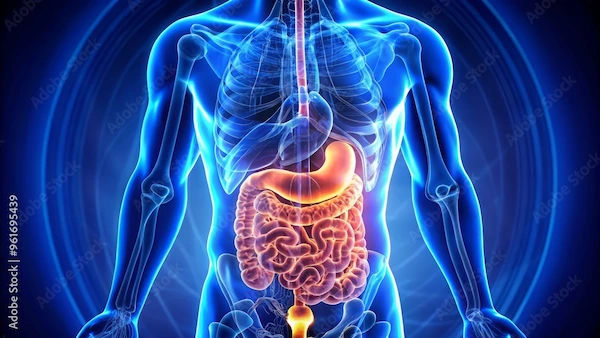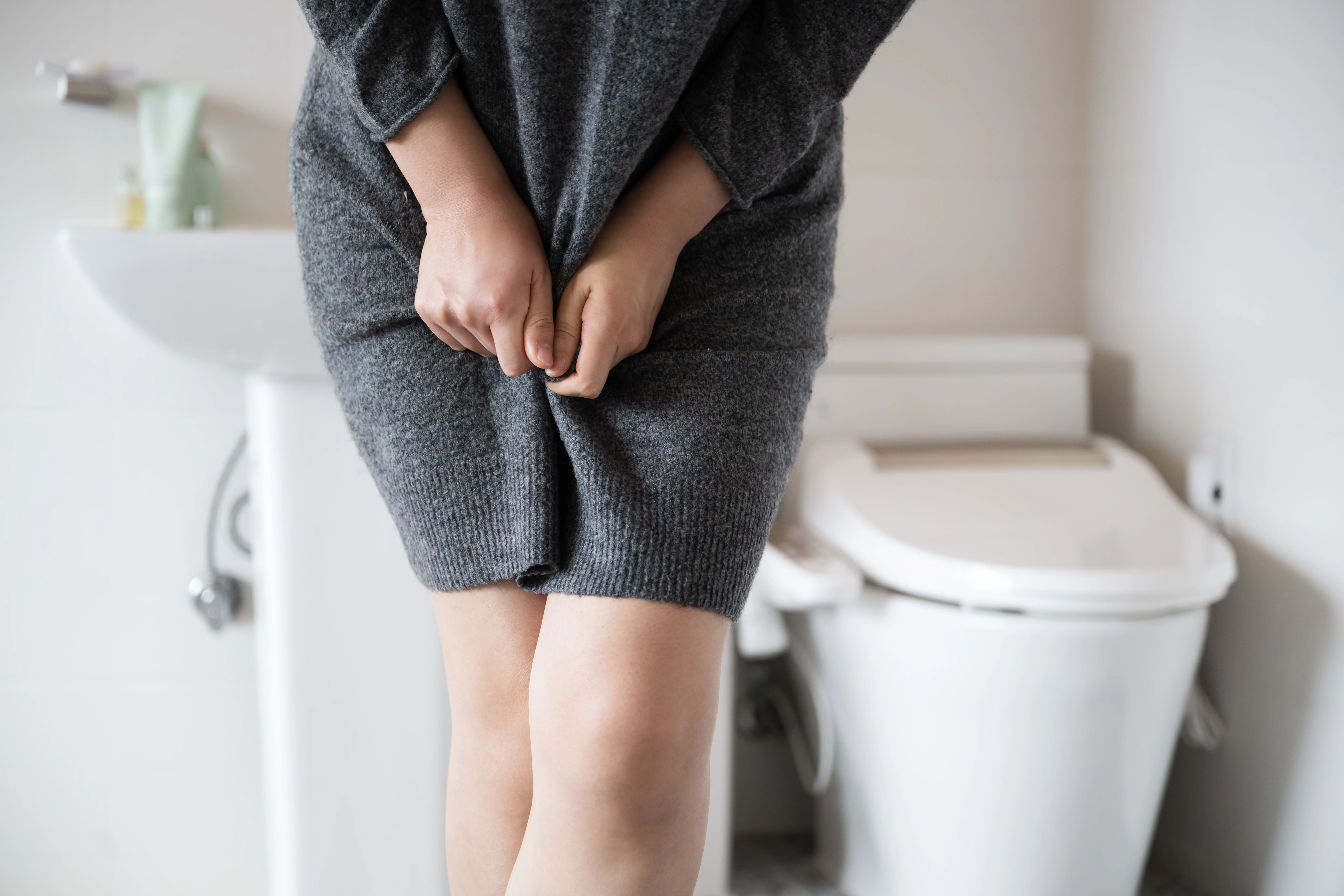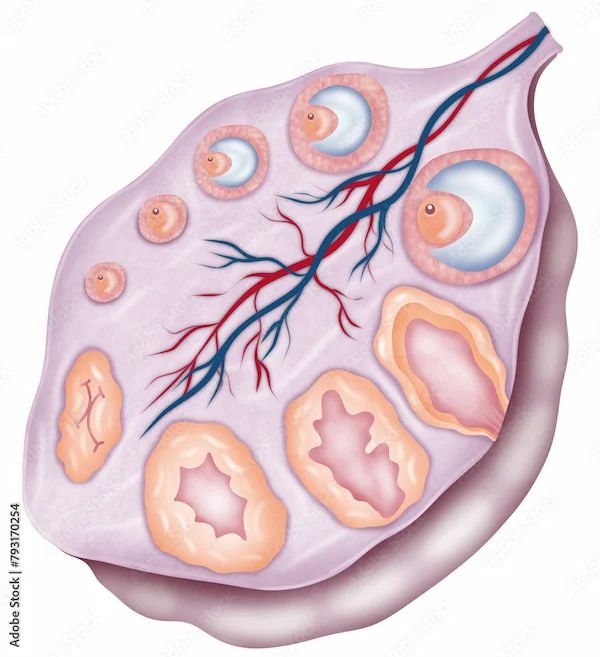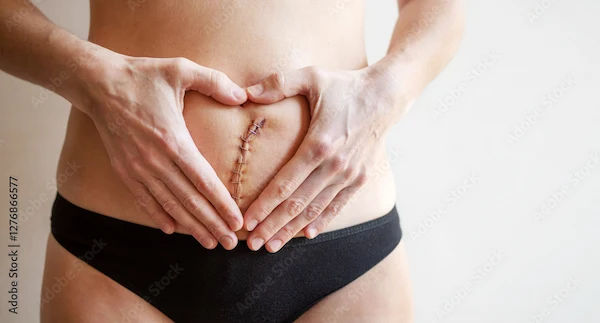Can A Woman Still Get Wet After A Full Hysterectomy?
Many women wonder if they can still experience vaginal lubrication after a full hysterectomy. Learn how hormonal changes affect natural lubrication and tips to maintain comfort during intimacy.

Written by Dr.Sonia Bhatt
Last updated on 6th Jul, 2025
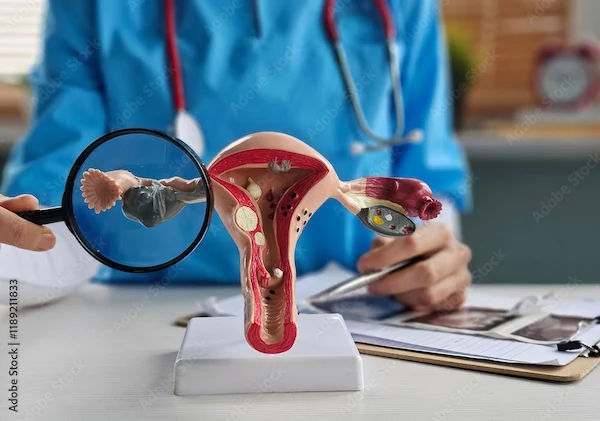
Introduction
A hysterectomy is a surgical procedure to remove a woman’s uterus, and sometimes other reproductive organs like the cervix, ovaries, and fallopian tubes. Many women worry about how this surgery might affect their sexual health, including natural lubrication (getting wet) during arousal. The good news is that most women can still experience vaginal wetness after a hysterectomy, but certain factors can influence this. Let’s explore this topic in detail to help you understand what to expect and how to manage any concerns.
Understanding Natural Lubrication
Vaginal lubrication is produced by the Bartholin’s glands (located near the vaginal opening) and the vaginal walls themselves. This moisture is essential for comfortable and pleasurable sexual activity. While the uterus plays a role in reproduction, it does not directly control vaginal wetness. Instead, lubrication is influenced by:
Hormones (especially estrogen): Estrogen helps maintain vaginal elasticity and moisture.
Blood flow to the pelvic area: Sexual arousal increases blood flow, leading to natural lubrication.
Psychological factors: Stress, anxiety, or emotional well-being can affect arousal and lubrication.
How a Hysterectomy Affects Lubrication?
Whether a woman continues to produce natural lubrication after a hysterectomy depends on the type of surgery and whether the ovaries are removed:
1. Total Hysterectomy (only uterus removed)
If the ovaries are left intact, estrogen levels remain mostly normal, and lubrication usually continues as before.
Some women may experience temporary changes due to reduced blood flow or healing, but this often improves over time.
2. Hysterectomy with Oophorectomy (ovaries removed)
Removing the ovaries causes surgical menopause, leading to a sudden drop in estrogen.
Low estrogen can cause vaginal dryness, thinning of vaginal tissues, and reduced lubrication.
Women in this situation may need additional support, such as lubricants or hormone therapy.
To Know More Consult Top Gynaecologists
Managing Vaginal Dryness After Hysterectomy
If you experience dryness after surgery, there are several ways to improve comfort and sexual satisfaction:
1. Use Lubricants
Water-based lubricants (e.g., KY Jelly, Astroglide) are safe with condoms and easy to clean.
Silicone-based lubricants last longer and provide extra glide.
Avoid petroleum-based products (like Vaseline) as they can irritate the vagina.
2. Vaginal Moisturisers
Products like Replens or Hyalofemme help maintain moisture over time, not just during sex.
3. Hormone Therapy (if needed)
Topical estrogen creams, rings, or tablets can restore vaginal moisture safely.
Systemic hormone replacement therapy (HRT) may be recommended for women in surgical menopause.
Always consult a doctor before starting hormone treatments.
4. Stay Hydrated & Maintain a Healthy Diet
Drinking enough water supports overall vaginal health.
Omega-3 fatty acids (found in fish, flaxseeds) and vitamin E may help improve natural lubrication.
5. Pelvic Floor Exercises (Kegels)
Strengthening pelvic muscles can improve blood flow and sexual sensation.
6. Communicate with Your Partner
Take time for foreplay to allow natural arousal.
Open communication reduces anxiety and enhances intimacy.
When to See a Doctor?
If vaginal dryness persists or causes discomfort, consult a gynecologist. They can check for other issues like infections or recommend personalised treatments.
If you have concerns about sexual health after a hysterectomy, Apollo 24|7 offers expert gynaecological consultations. You can schedule an appointment easily online and get professional advice tailored to your needs.
Conclusion
A hysterectomy does not necessarily mean the end of natural lubrication. Many women continue to experience wetness, especially if their ovaries are preserved. For those who face dryness, simple solutions like lubricants, hormone therapy, and lifestyle adjustments can help restore comfort and pleasure.
Remember, every woman’s body responds differently to surgery. Be patient with yourself, stay informed, and don’t hesitate to seek medical advice if needed. Your sexual health matters, and with the right care, you can continue to enjoy a fulfilling intimate life.
Would you like to speak to a specialist about post-hysterectomy care? Book a consultation today and get the support you deserve!
Consult Top Gynaecologists
To Know More Consult Top Gynaecologists

Dr Swatika Kumari
Obstetrician and Gynaecologist
19 Years • MBBS, DGO, DNB Obstetrics & Gynaecology
Nashik
Apollo 24|7 Clinic - Maharashtra, Nashik

Dr. Veena H
Obstetrician and Gynaecologist
16 Years • MBBS DGO
Bangalore
Apollo 24|7 Clinic - Karnataka, Bangalore

Dr. Priyanka Surisetty
Obstetrician and Gynaecologist
8 Years • MBBS, DGO
Visakhapatnam
Apollo 24|7 Clinic - Andhra Pradesh, Visakhapatnam

Dr. Mona Yadav
Obstetrician and Gynaecologist
19 Years • MBBS, MD (Obstetrics & Gynaecology)
Dombivli
Nulife multispeciality, Dombivli

Dr. Asha Rani Singh
Obstetrician and Gynaecologist
24 Years • MBBS DGO
Delhi
Dr Asha Rani Singh Clinic, Delhi
Consult Top Gynaecologists

Dr Swatika Kumari
Obstetrician and Gynaecologist
19 Years • MBBS, DGO, DNB Obstetrics & Gynaecology
Nashik
Apollo 24|7 Clinic - Maharashtra, Nashik

Dr. Veena H
Obstetrician and Gynaecologist
16 Years • MBBS DGO
Bangalore
Apollo 24|7 Clinic - Karnataka, Bangalore

Dr. Priyanka Surisetty
Obstetrician and Gynaecologist
8 Years • MBBS, DGO
Visakhapatnam
Apollo 24|7 Clinic - Andhra Pradesh, Visakhapatnam

Dr. Mona Yadav
Obstetrician and Gynaecologist
19 Years • MBBS, MD (Obstetrics & Gynaecology)
Dombivli
Nulife multispeciality, Dombivli

Dr. Asha Rani Singh
Obstetrician and Gynaecologist
24 Years • MBBS DGO
Delhi
Dr Asha Rani Singh Clinic, Delhi

